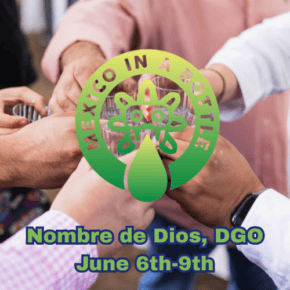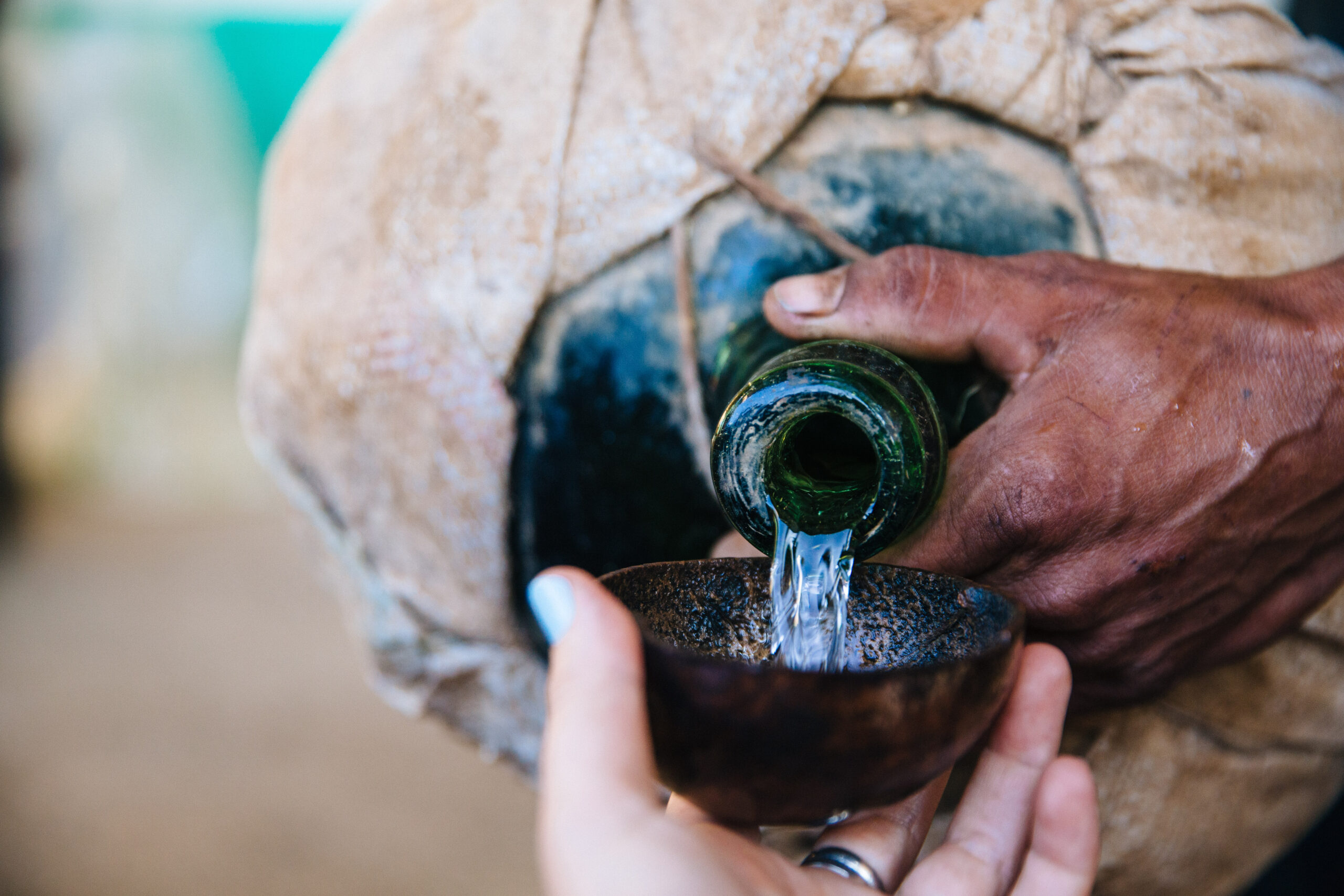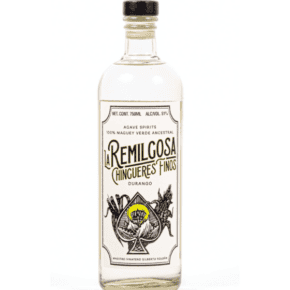This past weekend I was traveling through the Central Coast and had a great time in Los Alamos, a tiny one road town that – at least as I’m told by locals – has blossomed in just a few years from dusty main street into quite the darling of the wine, food, and hip hotel scene. While hanging out at Lo-Fi Wine’s tasting room Saturday evening we ran into a group of young Oaxacans and, as these things go, conversation turned from the natural wines we were tasting to the mezcals of Oaxaca.
The conversation instantly perked up a notch – one of the men told me that his uncle was a very traditional mezcalero who was recently killed in a local dispute. He feared that not only was his uncle lost but all his knowledge of mezcal as well. He hoped that his cousins would be able to take over the tradition but wasn’t sure that it was going to work out.
One of the women in the group was intensely curious about what I thought about the larger trend of mezcal, was it all going to be industrialized and lose its soul? We chatted a bit about definitions to get a sense of how she thought about mezcals – she and her group were very focused on the manually intensive distilling methods that included hand mashing, fermenting in hides or small tinas, and distilling en barro so they had a very strong attachment to a very specific type of mezcal. I talked a bit about how important it was for a variety of mezcals to be present in the US because people here frequently meet and start a voyage with mezcal through cocktails. They were receptive but were insistent that people here learned to pay a good price for mezcal not only to reward the producers but also just so that they appreciated the true value of what they were drinking.
And that got to the heart of so much of what we talk about when we talk about mezcal. More than anything this group was insistent on maintaining the close tie between mezcal and culture. For so long they have been inseparable in places like Oaxaca that they are a continuum. That’s what got Susan and me into mezcal to begin with. That’s what has attracted so many other people to it as well. We’ve always tried to impress upon everyone just how important that is through our words and deeds but occasional encounters like this one impress upon me just how important it is to make the point yet again: Real people with real traditions and cultures are behind this great drink. We live in a culture that commodifies everything out of habit and function so we have to struggle all the harder to make the case for things like mezcal. So, next time you take a sip of mezcal, take a second to think about who made it and the whole culture around it. Celebrate it all because we wouldn’t be here with out it!













Leave a Comment